In the midst of all of the stress and emotional turmoil which often accompanies divorce, you may be tempted to ignore the potential danger that a divorce may pose to your credit and opt, instead, to save those problems for another day.
After all, you are probably dealing with more pressing issues such as custody, housing, child support, alimony, the division of marital assets, and even your emotional health. Unfortunately, ignoring the need to proactively protect your credit during a divorce could haunt you for many, many years to come. Think about rebuilding credit after divorce now, rather than after the fact.

Why Divorce Can Hurt Your Credit
It is important to understand that divorce itself will not directly impact your credit. Your credit reports include of lot of information, but your marital status is not among those details. As a result, it is possible to go through a divorce without experiencing any credit damage.
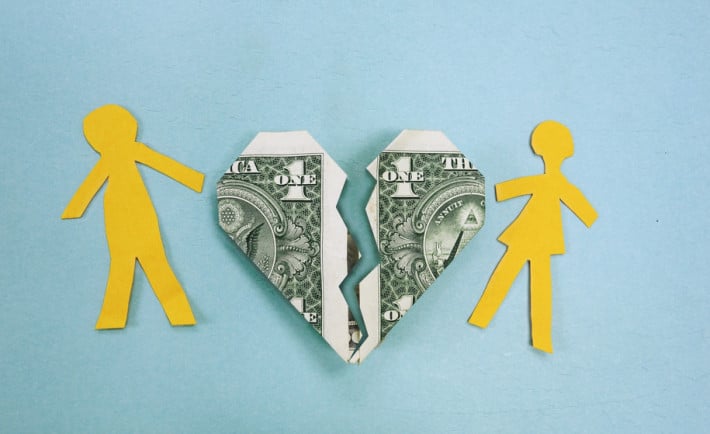
Additionally, it is also worth noting that the credit reports belonging to you and those belonging to your ex-spouse will continue to remain completely separate after your divorce. Contrary to myth, your credit reports are not combined when you get married. Yet despite the fact that merely filing for divorce will not impact your credit, the sad reality is that divorce still leads to credit problems more often than not.
Here are 3 reasons why you may want to start rebuilding credit after divorce.
-
Joint Accounts
Although your credit reports are not tied to your ex, what may still be tied together after your divorce are any accounts which the 2 of you opened jointly. The first reason why divorce commonly leads to credit problems is due to the difficulty of managing these joint accounts after a separation. Rebuilding credit after divorce may become more difficult due to these joint accounts.

Your divorce decree will likely assign responsibility for joint debts to either 1 party or the other. However, that document will not protect your credit. If you and your ex charged up $15,000 on a joint credit card the bank will not care that a judge ordered your ex to pay the debt. Should your ex fail to pay the debt that lender is probably coming after you as well. If your ex makes late payments on the account those late payments are probably going to trash your credit scores too.
-
Increased Expenses and Reduced Income
A second reason why divorce commonly goes hand in hand with credit problems is due to the fact that your expenses are probably increasing at the same time your household income is being reduced. For example, a previous stay-at-home parent may now have to work full-time and cover child care expenses. Those bills you used to split with your spouse (mortgage/rent, utilities, auto loan payments, etc.) are probably going to be handled very differently moving forward.
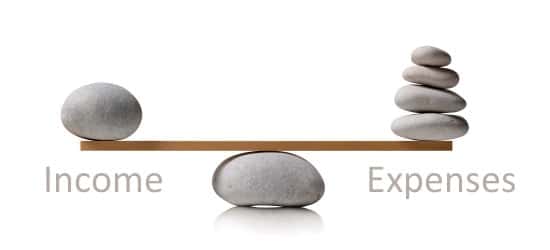
-
Identity Theft
Sadly, identity theft preceding or following a divorce is all too common. You should not have to worry about your ex illegally obtaining copies of your credit reports or falsifying applications for new credit and services with your information, but it occurs with alarming regularity. Rebuilding credit after divorce requires that your identity isn’t used to commit fraud.
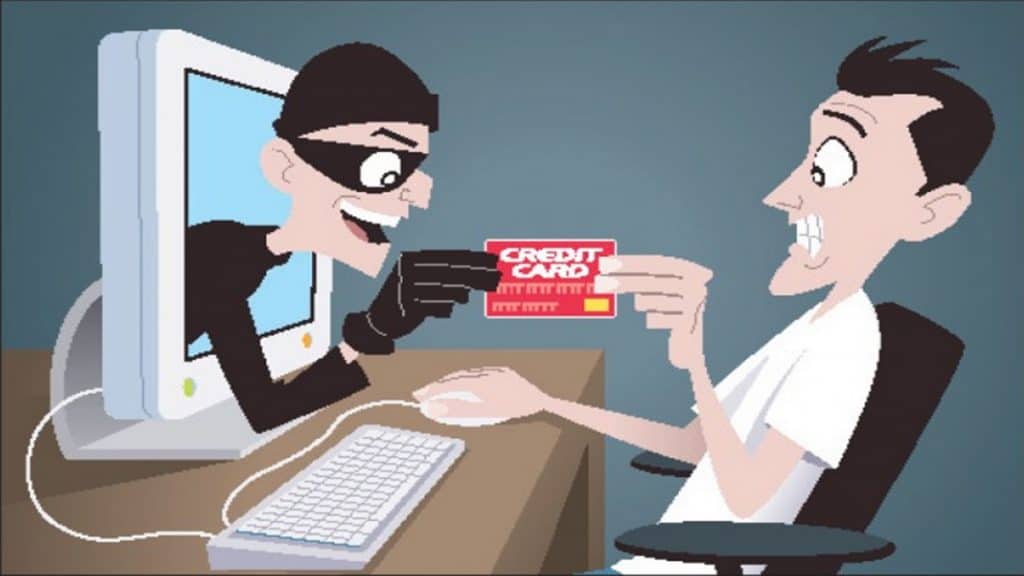
Credit Protection and Damage Control
Now that you understand the reasons why divorce may hurt your credit, you will be better equipped to protect your credit or to at least begin implementing some damage control strategies. Although divorce can be stressful and making a plan to take independent control of your finances might feel overwhelming, it is 100% possible.
-
Sell It, Refinance It, or Pay It
As mentioned above, joint debts can be one of the biggest dangers to your credit in the midst of a divorce. Therefore, it is best to separate any joint debts as quickly as possible when you are ending a relationship (and to maintain credit independence moving forward). The best ways to accomplish this goal include selling the asset, refinancing the loan, or paying for the debt yourself.
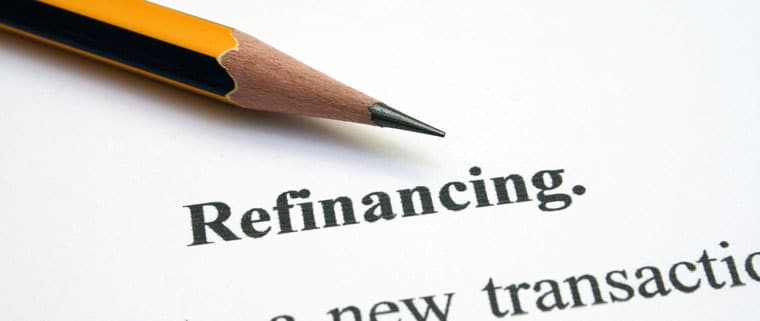
-
Selling the Asset
– If you and your ex can agree, selling jointly owned assets can be 1 of the best ways to eliminate joint debt. On a joint mortgage, for example, you could sell the home and use the profit to pay off the loan and perhaps even other joint debts as well. Depending upon your situation this strategy can solve a lot of problems.

-
Refinancing the Loan
– Your divorce decree will likely assign a certain measure of your joint debt to you and a certain measure to your ex. If that is the case, you may be able to agree with your ex that you each need to refinance those debts into new, individual accounts. Even if you cannot simply afford to dip into your savings and wipe out the debt, refinancing offers you a way to separate your debts now rather than waiting until they are paid off in full.

-
Pay the Debt Yourself
– This option can be a little hard to swallow and, depending upon your financial situation, may not even be realistic. However, if you can afford to do so, keep in mind that sometimes making the payments or paying off a joint debt which was assigned to your spouse may be the best way to protect your personal credit. If your ex is unable or unwilling to maintain timely payments on a joint financial obligation you can still protect your credit by making those payments yourself.

-
Bankruptcy
Filing for bankruptcy is another method which some people use to protect themselves during a divorce. A bankruptcy will not protect your credit per se, but it can offer you protection from your creditors if you debt has grown to such a high level that you simply cannot afford to maintain the monthly payments on your own.
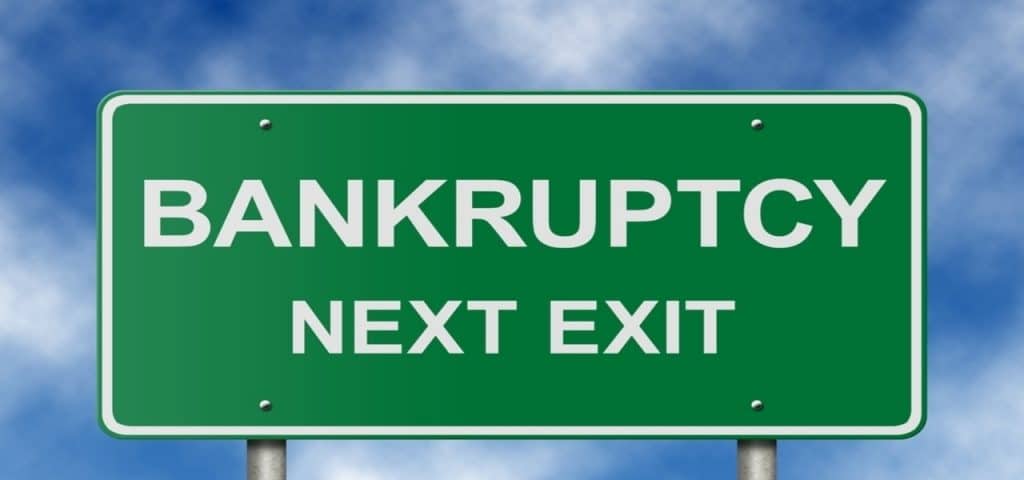
-
Credit Freeze
Are you worried that your former spouse may apply for new accounts or utilities in your name after you have separated? If so, a credit freeze can be a good solution to help protect your credit. A credit freeze is designed to lock down your credit reports so that when a lender, landlord, or utility company tries to access them as part of an application, they are denied access. Generally, when credit report access is unavailable any fraudulent applications will be denied.
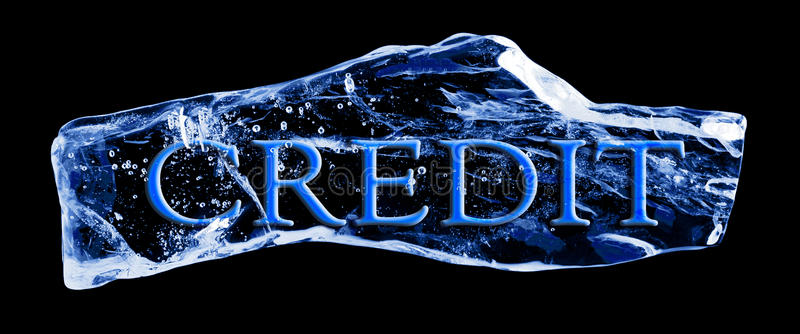
Rebuilding Credit After Divorce – Steps
If your credit has already been impacted negatively by a divorce, there is good news. Most credit problems are not permanent and bad credit is certainly not irreversible. Even if your credit is in horrible shape you can begin taking steps back in a positive direction now.

-
Check Your Credit
The first step toward rebuilding credit after divorce is to check your 3 credit reports. You should comb through the reports carefully to ensure that the information on your reports is correct and error-free. Want a credit professional to review your reports with you? CLICK HERE to schedule your consultation with The Credit Pros.

-
Dispute Errors
After reviewing your credit reports, you may uncover mistakes. Credit mistakes are more common than you might think. Fortunately when credit reporting errors do occur the Fair Credit Reporting Act gives you the right to dispute those errors. You can submit disputes to the credit reporting agencies by yourself or you can hire a Credit Pro to help.

-
Establish Individual Credit
If you do not have individual accounts which are separate from your ex, it may be time to consider establishing some credit on your own. Even if you have existing credit problems from a divorce you may still be able to qualify for a secured credit card, a credit builder loan, or even have a loved one add you as an authorized user onto an existing account.

Be sure to manage any new accounts carefully, of course, so that they have the potential to help your credit instead of harming it.
Also Read Three Ways To Prevent Credit Problems During a Divorce


